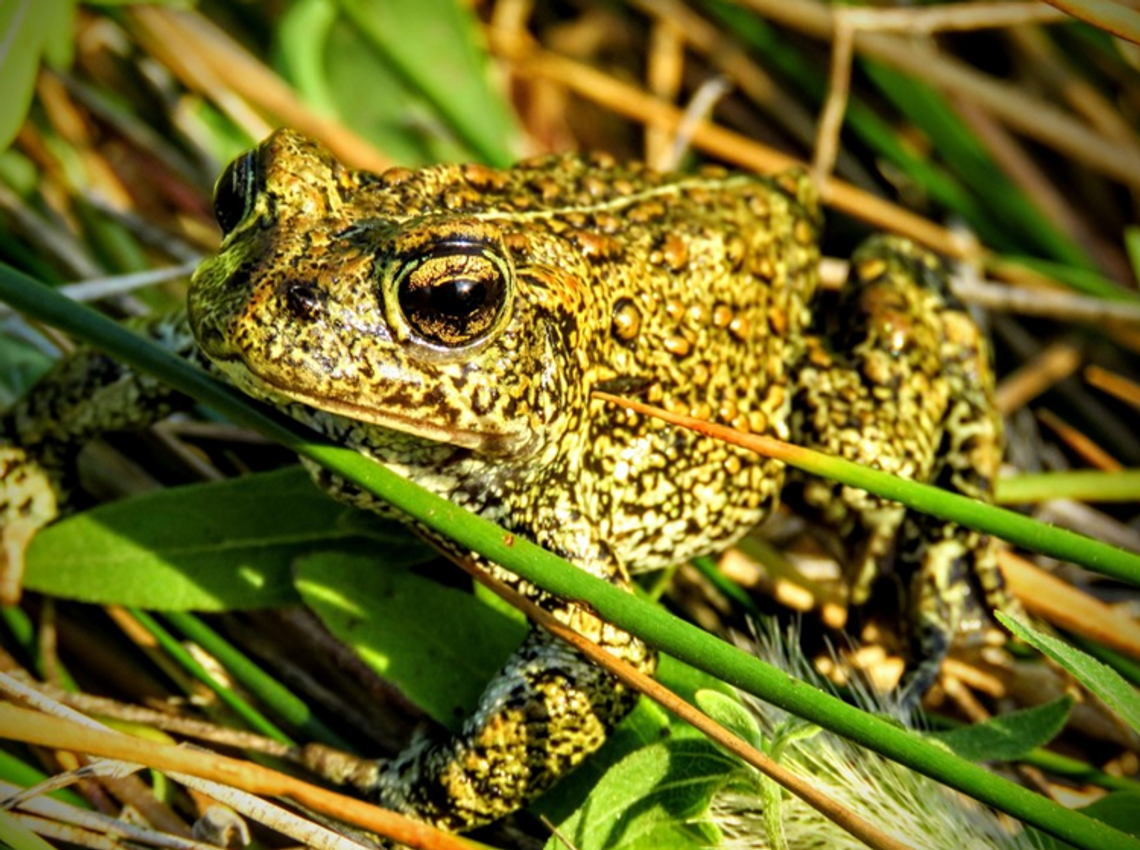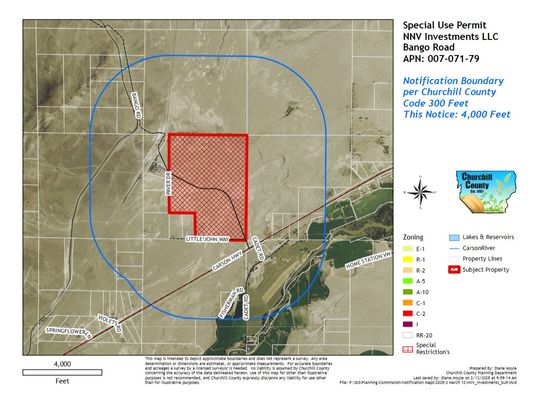The U.S. Fish and Wildlife Service announced Monday, April 4, that the Dixie Valley toad will be emergency listed under the Endangered Species Act. Emergency listing is a rare step, and the Service has only issued an emergency listing for one other species in the past two decades. The toad is the smallest of the western toads and is endemic to Nevada. Its range is restricted to a 760-acre wetland complex that is fed by hot springs in the remote Dixie Valley northeast of Fallon.
The Service’s press release explained that upon publication of the emergency rule in the Federal Register, the Dixie Valley toad will be listed as endangered under the ESA and be provided immediate federal protections for 240 days. Concurrently, a proposed rule to list the Dixie Valley toad as an endangered species is being issued and public comment will be taken to aid in determining whether ESA protections should continue beyond the 240 days of the emergency listing.
“In making this emergency and proposed listing determination,” the release continues, “the Service has carefully assessed the best scientific and commercial information available regarding past, present, and future threats faced by the Dixie Valley toad. Protecting small population species like this ensures the continued biodiversity necessary to maintain climate-resilient landscapes in one of the driest states in the country.”
The Service will continue asking for input from the public, tribes, other government agencies, the scientific community, industry, and other interested parties on the proposed rule to list the Dixie Valley toad under the normal rulemaking process.
On May 9, 2022, at 5 p.m. the Service will hold a virtual public informational meeting about the proposed listing rule. The informational meeting will be followed by a virtual public hearing at 5:35 p.m. during which the public can submit verbal comments on the proposed listing rule. Please visit https://www.fws.gov/office/reno-fish-and-wildlife for information on how to register for the public informational meeting and public hearing.
The Bureau of Land Management approved the two 30-megawatt geothermal plants in November that would move Nevada toward meeting the renewable portfolio requirements that utilities generate 25% of their energy from renewable sources by 2025.
Work at the first plant which is slated to eventually produce 12 megawatts, continues with clearing the ground and setting the footings. Officials at Ormat Technologies Inc. have said they don’t believe a listing would impact the project because the company has spent six years developing a mitigation plan to offset any potential environmental impact.
Jake Vialpando, Field Manager of the Stillwater Field Office of the BLM, recently reported at the Churchill County Commission meeting that the Dixie Meadows geothermal project began its construction phase in mid-February. “The first day was a little bit rough, with tribal monitors on the ground and the contractor figuring out how they’re going to communicate, but since then progress and construction have been pretty smooth,” he said.
“Ormat has long recognized the importance of conserving the Dixie Valley toad, regardless of its legal status,” Ormat Vice President Paul Thomsen told the Associated Press earlier this week. “Ormat will coordinate with relevant agencies to ensure that any additional required process is met while we continue our work on this important renewable energy project.”
According to a press release from the Center for Biological Diversity, the toads face an acute threat of extinction from the construction of a geothermal power plant adjacent to a hot spring-fed wetland, their only home at Dixie Meadows.
Conservationists and tribal members are trying to block the project in a lawsuit currently before the 9th US Circuit Court of Appeals. The Center for Biological Diversity and the Fallon Paiute-Shoshone Tribe filed suit on December 15, 2021, and U.S. District Judge Robert Jones issued a 90-day restraining order in January of 2022 stopping construction on the Dixie Meadows project, located about 40 miles northeast of Fallon. In February the 9th Circuit overturned the lower court, and the case is pending.










































Comment
Comments